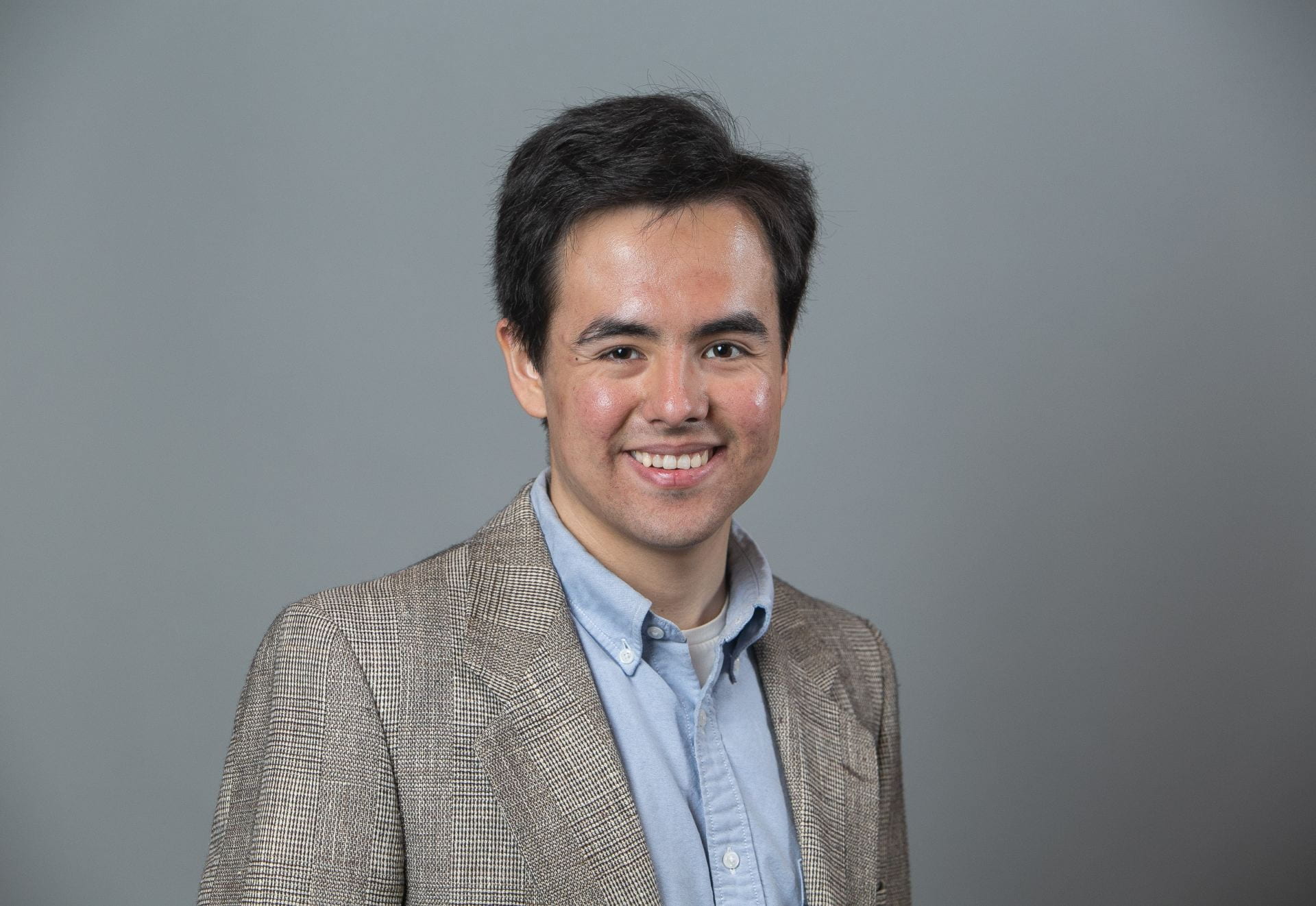How much does the existence of democracy depend on depriving some of its people of the benefits of democracy?
.

Eastern State Penitentiary represented in 1833 as a medieval castle from old Europe
.
“Neither slavery nor involuntary servitude, except as a punishment for crime whereof the party shall have been duly convicted, shall exist within the United States, or any place subject to their jurisdiction.”
– Fourteenth Amendment to the US Constitution, 1865
.
In 1865, the United States government revised the Constitution to make slavery illegal. Six little words, however, change the whole meaning of the sentence: Forced confinement is illegal “except as a punishment for crime.” These six words hint at a larger flaw in a document that opens with high words about liberty and justice. The existence of democracy depends on depriving some of its people of the benefits of democracy.
As of 2020, the number of Americans in jails, prisons, and out on parole after prison is just over three million. That is, at least one percent of America’s population is at this point incarcerated. Also one third of Americans have a criminal record, meaning that they have been in jail or prison at some time. This is a permanent stain and barrier to existing in society as a full citizen; prisoners and many former prisoners cannot vote.
The most common conclusion from these facts is that America keeps too many people locked up. Changes to the legal system are needed. But what if the problem is deeper than anything that small reform can solve? What if the problem strikes to the core of this country’s founding?
Read More
There is a line from American author Nathaniel Hawthorne’s 1850 book called The Scarlet Letter. The story is in Puritan Massachusetts just after the arrival of the first colonists to the New World:
.
The founders of a new colony, whatever Utopia of human virtue and happiness they might originally project, have invariably recognized it among their earliest practical necessities to allot a portion of the virgin soil as a cemetery, and another portion as the site of a prison.
American history textbooks present the people who founded this country as a group in search of freedom and liberty. What is less remembered, however, is these people were generally a pretty intolerant lot. Perhaps this intolerance is descended from their reading of the Old Testament in the Bible, which is rich in images of vengeful and wrathful God. No matter the reason, their society was a punishing place to live in an uncolonized continent. Suffering and repentance, the Puritan and Quaker founders of America believed, was a requirement of society. The Bible is rich in descriptions of solitude and revelation. Jesus went to the desert and spoke to God; saintly hermits lived in the desert and gained self-knowledge through the pain of solitude. The founders of America found their democracy through the country’s geographic isolation from the wars and problems of Europe.
In 1830, the largest and most expensive structure ever built in the young democracy of America was not the White House (built with slave labor) or any similar structure built in the image of ancient Greek democracy. The title of largest structure ever built in the now 200-year-old nation was a prison, Eastern State Penitentiary. One of the cruel ironies – or is it an irony? – is that this prison was built in the same city in which the U.S. Constitution was signed and where, in effect, this country was first imagined on paper. The external appearance of the prison was not built in the style of Greece and Rome, as if to imply that the values of these past democracies were embodied in the operations of this prison. Instead, the external appearance of Eastern State was fancifully modeled after a castle with tapered walls, slit windows, towers, and a jagged silhouette. This prison, its builders believed, should inspire fear in those who saw it. And what better aesthetic precedent for the new democracy to follow than the medieval castles of Europe lived in by kings and queens? Inside Eastern State, the isolation of prisoners was absolute. Prisoners spent 24 hours a day in solitary confinement; the average sentence was for five years. Solitude and punishment, the Quaker founders believed, was the path to redemption. Eastern State was one prison, but it was the most influential prison of its time, visited by all manner of foreign dignitaries interested in designing prisons for their own countries. In its time, Eastern State was almost as popular a tourist attraction as Niagara Falls. It set the design precedent that most American prisons today still follow.
Does democracy require that some people be deprived of their freedom? The builders of Eastern State and the authors of the U.S. Constitution were familiar with French philosophers like Jean-Jacques Rousseau. The ideas of Rousseau are now credited with inspiring the actions and writing of the founding fathers of America. One quote from Rousseau stands out:
.
The word Liberty may be read over the front of the prisons and on the chains of the galley-slaves. This application of the device is good and just. It is indeed only malefactors of all estates who prevent the citizen from being free. In the country in which all such men were in the galleys, the most perfect liberty would be enjoyed.


